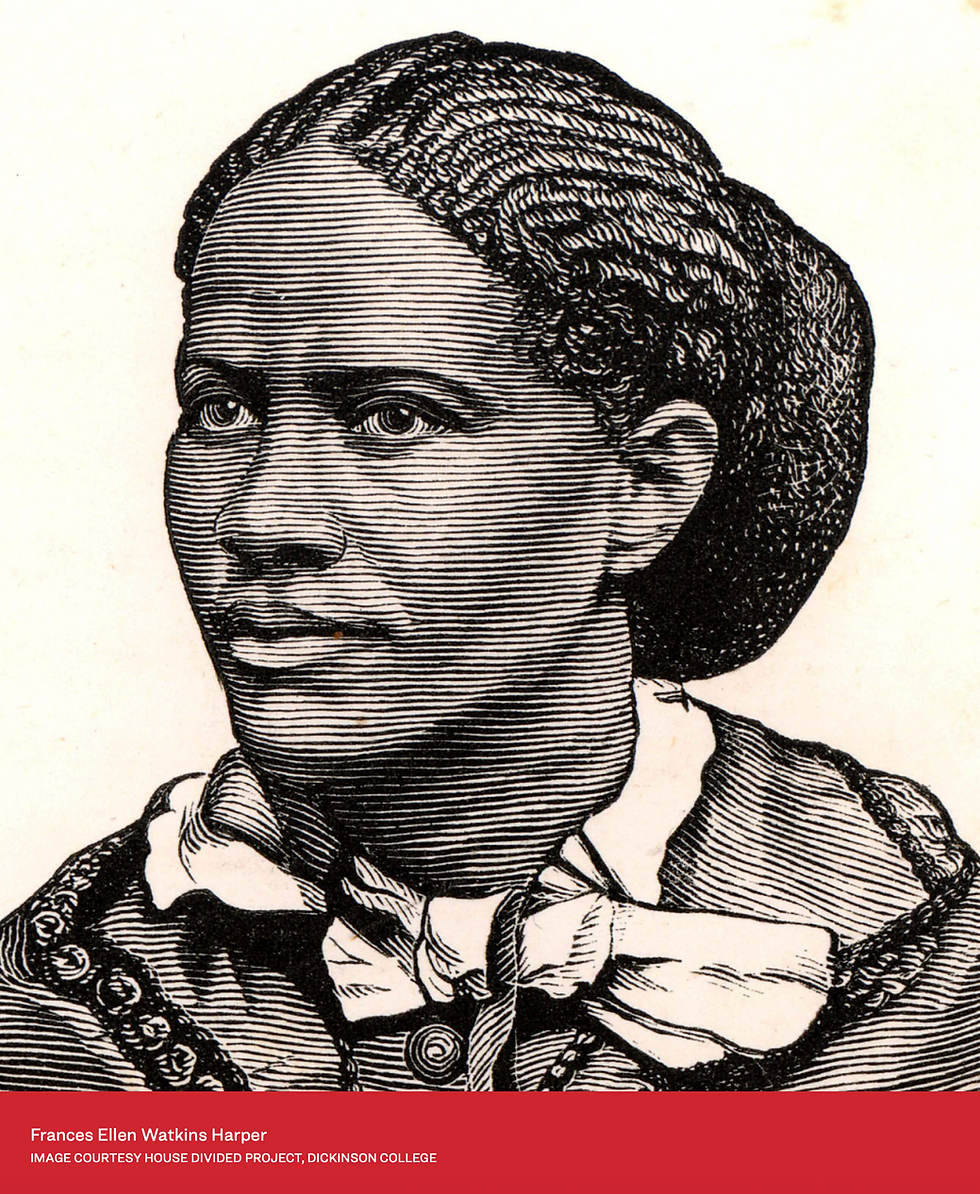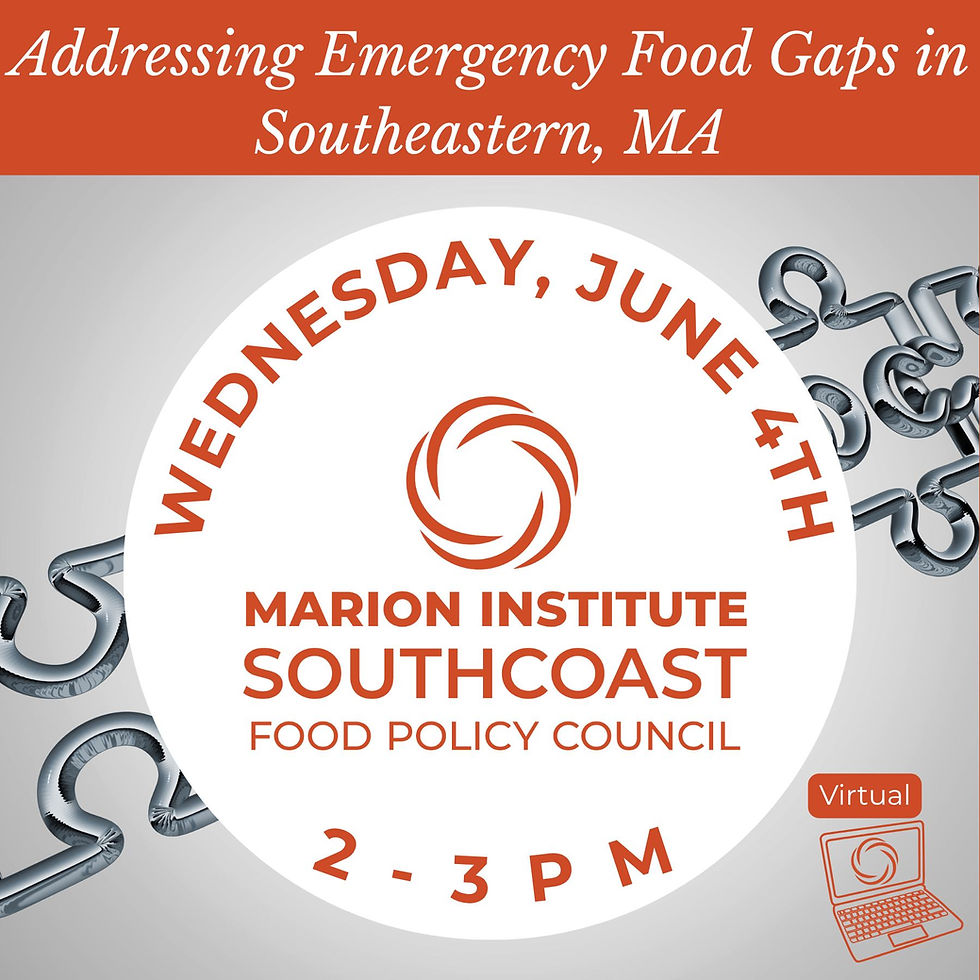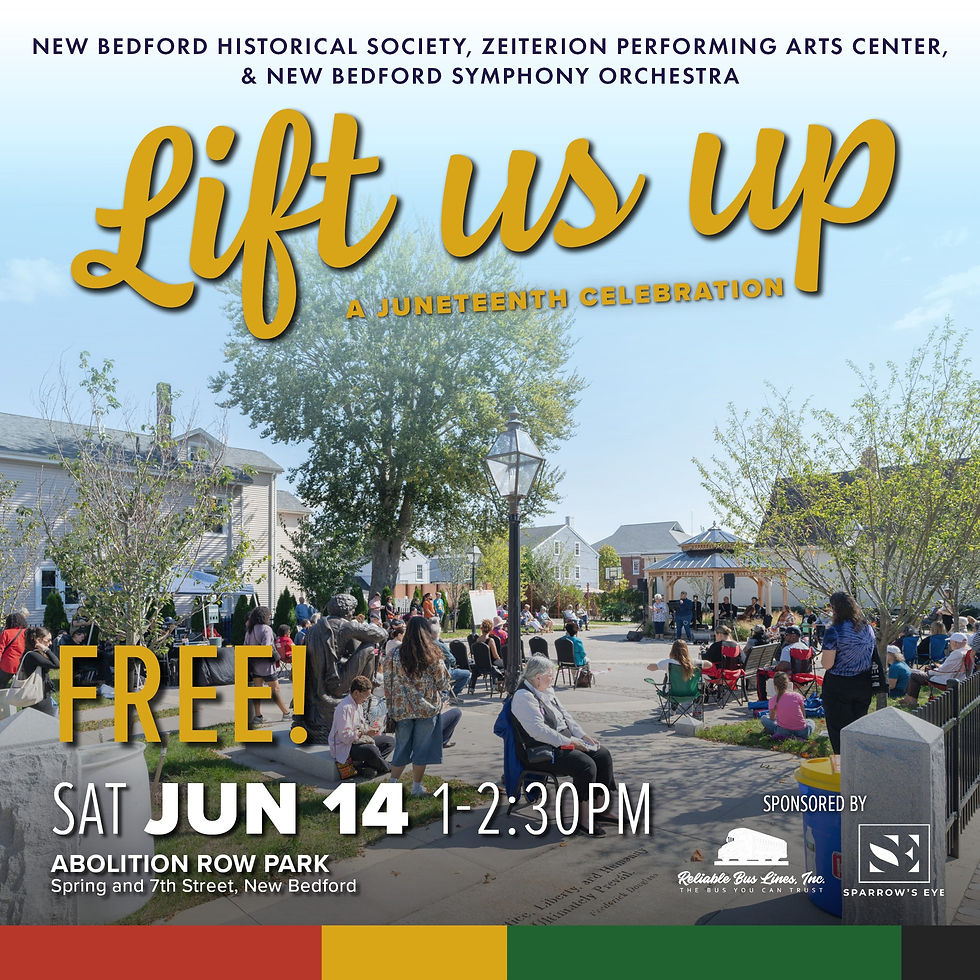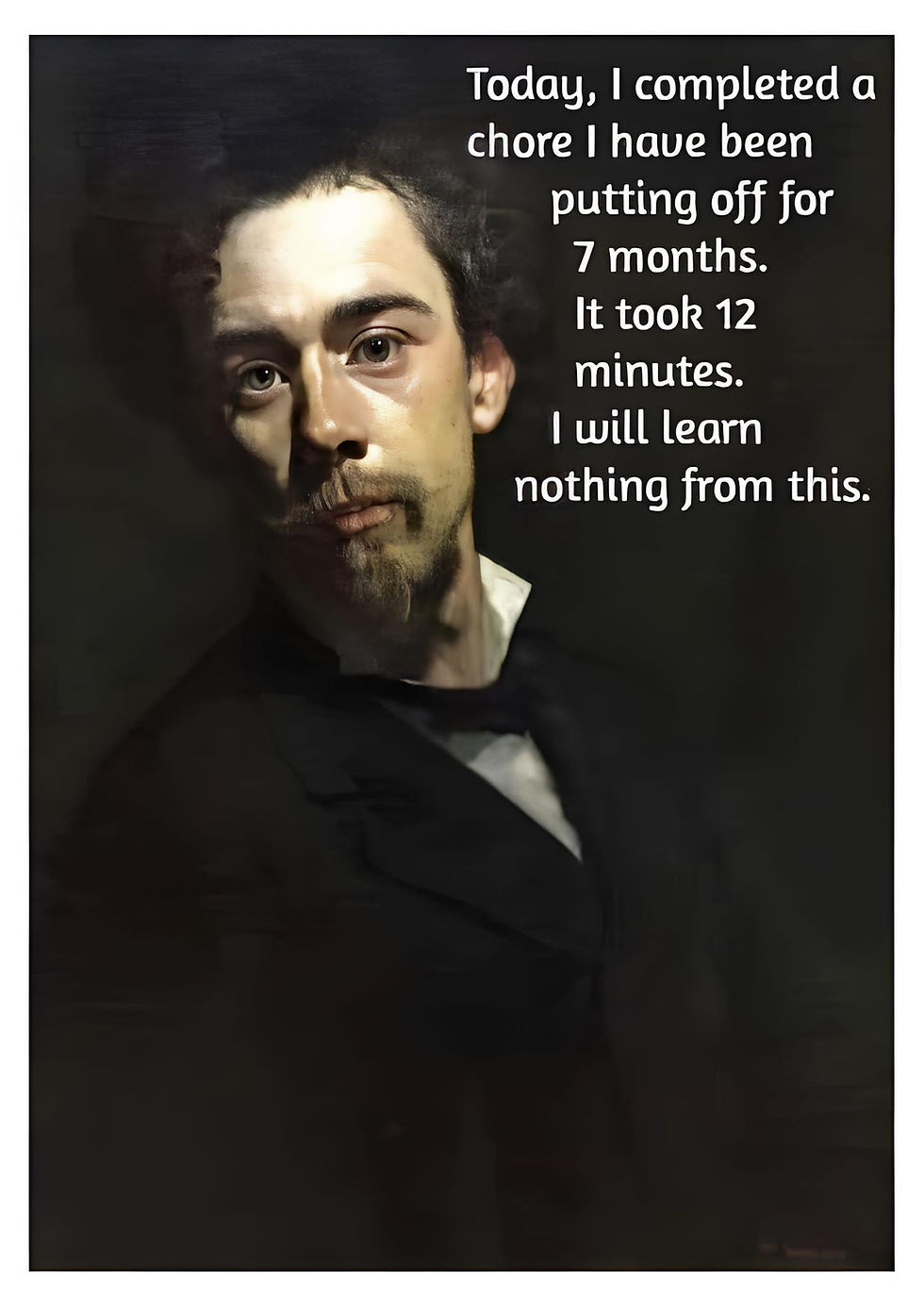The Compass, May 28, 2025
- May 28, 2025
- 8 min read
Updated: Jun 4, 2025


Photos from the Dumpling Party on Friday, May 23, hosted by Tonianne Wong and the Social Justice Committee.
Thrift Shop Update
Spring has finally arrived, and our Spring clothing is slowly being hung. There are many women's dresses that would be perfect for special occasions - prom, graduation... We also have men's suits, blazers, and dress shirts.
New donations include women's sneakers- some almost brand new, a large assortment of tools, many new (to the Thrift Shop) CD's and DVD's, professional photography prints and many new frames.
We are in need of donations of children's books, and paper bags with handles.
We are not accepting donations of winter clothing at this time.
Shop hours are Tuesdays and Saturdays from 10AM until 1:00PM. Cash or check only.
Did you miss Sunday service? Watch it here!
Thanks to Gerry Rooney from the Whitfield-Manjiro House for his wonderful talk on the first Japanese immigrant to the USA in 1843. To read more about Manjiro, visit the museum's website here.
Upcoming Services
Holy Curiosity with guest Matt Meyer. Join us for a service of song and silence, grounding ourselves in ritual and reflection. We’ll breathe deeply, letting go of what has not served us, and invite each other back to love.
I've Got a Song! A Living History & Stories from the McCarthy Era, with a Q&A following the Service.

Our Sunday school is a collaborative effort.
Everyone works together to share their skills, time, and energy to enrich our programs. We use the “Spirit Play” curriculum to share goals and objectives for the younger children. Children spend the first fifteen minutes in the sanctuary, and then we head upstairs to the classroom space. You are welcome to accompany your child.
The RE (Religious Education) Team meets monthly to determine the programs, policies, and events for the children, youth, and adults. Parents are encouraged to join the RE Team.
Don't hesitate to contact the Director of Religious Education, Yasmin Flefleh-Vincent, for further information, questions, or comments about our Sunday School.
"I can do things you cannot, you can do things I cannot; together we can do great things." -MOTHER TERESA
This week, the Sunday School children created a collaborative sculpture representing coming together for social justice, with each person bringing their individual strengths to the table. - Marissa
Happy 200th Anniversary to the UK Unitarians & the UUA
Honoring 200 Years of the American Unitarian Association
May 26, 2025, marked the 200th anniversary of the chartering of the American Unitarian Association, which played a key role in social justice movements, including abolition and women’s rights.
Theologically, the AUA was distinct from other Christian denominations for its unitarian—rather than trinitarian—understanding of God. And those who worked and worshipped as part of the AUA are the spiritual ancestors of Unitarian Universalists.
As we celebrate this milestone, we honor the AUA’s legacy of liberal faith and progressive values that live on through the Unitarian Universalist Association and in UU congregations. This updated story, originally published in 2015, reflects that history and reminds us of the continued relevance of the struggle for collective liberation.
From UU World
‘We Are All Bound Up Together’: Honoring Frances Ellen Watkins Harper’s Impact on Unitarian Universalism

Through what she called “threads of fact and fiction,” nineteenth- and twentieth-century author and activist Frances Ellen Watkins Harper (1825–1911) challenged Unitarians and other Christians to practice a form of religion that reflected “a stronger sense of justice and a more Christlike humanity in behalf of those . . . homeless, ignorant, and poor.”
A Black woman, she was born Frances Ellen Watkins to free parents in Baltimore, where she lived until she was 26. She held dual membership in Unitarian and African Methodist Episcopal churches in Philadelphia, and believed the struggles for Black Americans and women of all races were connected. Her works were largely forgotten until scholars and Unitarian Universalists resurrected her legacy in the last thirty-five years.
Marking the AUA’s 200th Anniversary Find more stories at uuworld.org/aua200.
Harper defied the racial and gender-based expectations of her day. In Standing Before Us: Unitarian Universalist Women and Social Reform, 1776–1936, the Rev. Dr. Qiyamah Rahman writes, “Harper’s education helped develop middle-class white audiences for her literary talents, [and] she was also able to write significant protest literature in the black liberation tradition.”
Much of her youth was devoted to abolishing slavery. In 1859, after abolitionist John Brown was sentenced to death for a failed attempt to seize an arsenal at Harpers Ferry, Virginia, she wrote letters to him and to his wife, Mary. The transcripts illuminate the liberatory theology that infused much of her work.
To John Brown, she wrote: “We may earnestly hope that . . . your martyr grave will be a sacred altar upon which men will record their vows of undying hatred to that system which tramples on man and bids defiance to God.”
In 1860 she married Fenton Harper, a widower with three children, and the couple had one daughter together. After her husband died in 1864, she returned to lecturing.
When the Civil War ended, Harper waged a dual campaign for women’s suffrage and civil rights for all citizens. In May 1866 she delivered an address to the National Woman’s Rights Convention in New York, saying before thousands, “Justice is not fulfilled so long as woman is unequal before the law. We are all bound up together in one great bundle of humanity, and society cannot trample on the weakest and feeblest of its members without receiving the curse in its own soul.”
“We are all bound up together in one great bundle of humanity, and society cannot trample on the weakest and feeblest of its members without receiving the curse in its own soul.”
Her words in New York laid out her theology and vision for a healthier society. For Harper, the stakes were high, and the “soul” of liberal religion—and the nation—was on the line. She argued that, in pressing down Black people for two centuries, America had severely curtailed the moral strength and spiritual energies of the country.
Perhaps Harper’s most enduring work is her 1892 novel Iola Leroy, or, Shadows Uplifted. The book, which may have been the best-selling novel by an African American before the twentieth century, explores the Black title character’s decision to forego “passing” as white and work instead on fighting to end slavery and obtain civil rights for her people. Through Harper’s characters, Iola Leroy issues the call for religious people to join struggles for freedom. In the novel, Iola asks her mother, “Are these people Christians who made these laws which are . . . reducing us to slavery? If this is Christianity I hate and despise it.” Iola’s mother responds, “I have not learned Christianity from them. I have learned it at the foot of the cross, and from [the New Testament].” The elder Leroy’s commentary is but one example of Harper’s denunciation of Christianity as commonly practiced in her day.
Harper’s multifaceted insistence on a liberatory religion evokes white Unitarian Lydia Maria Child’s 1833 “Appeal to End Slavery.” Child wrote of people who have grown used to slavery: “Christianity expressly teaches us to love our neighbor as ourselves. This shows how dangerous it is, for even the best of us, to become accustomed to what is wrong.”
Harper’s prophetic teachings continue to resonate with scholars, feminists, and Unitarian Universalists. In 1992, several Black UUs gathered in Collingdale, Pennsylvania, to honor Harper’s memory by replacing her headstone at Eden Cemetery, the oldest public Black-owned cemetery in the United States. In 2011 scholars gathered in Philadelphia to honor the 100th anniversary of Harper’s death. Professor Melba Joyce Boyd, a panelist at the celebration, said, “Harper’s insight, developed during an era rife with violent enforcement of racism, sexism, and classism, constitutes a viable ideological framework for contemporary radical thought.”
Harper called on people of faith to resist the status quo and embrace a radical, liberatory Christianity. In the present climate of renewed calls for racial justice, Harper’s words still carry weight. She concluded Iola Leroy with a poem insistent on hope. In part it reads: “There is light beyond the darkness, joy beyond the present pain . . . the shadows bear a promise of a brighter coming day."

Please share these events with your family and friends and attend yourself. We would love to see you!
FREE Events Happening at UUNB
Being Human takes place every Friday at 11 AM. Please use the parking lot door.
This is the last Open Mic until September!
Join us for PRIDE at Buttonwood Park on Saturday, June 7, from 12 to 5 PM with friends from UU Fairhaven. There will be food, entertainment, vendors, and more!

Save the Date!
The 41st Annual Jazz Concert is brought to you with grants from the New Bedford, Acushnet, and Mattapoisett Local Cultural Councils, which are supported by the Mass Cultural Council, a state agency.
Ticketed Events
A special performance with Whatever Mike, June 6, 2025. Tickets are $25
Tickets to all of our shows can be purchased in the office with cash or check during regular business hours, Monday through Friday, 10 AM to 1 PM, or online with a credit card.
The calendar on our website shows everything happening at UUNB. Updates are displayed immediately, so you will always know what is planned


These Conversations will Address Emergency Food Resource Gaps in Southeastern Massachusetts - These Emergency Food Resource Meetings will be held monthly on the first Wednesday of the month at 2:00 pm using the same Zoom link each month.
The Southcoast Food Policy Council is convening a critical discussion on how to prepare for disruptions in food relief programs — and how we can build a more resilient regional food system together.
Our goal: coordinate more effectively, surface shared challenges, and craft real, actionable solutions as a collaborative.
Whether you’re involved in food recovery, institutional food service, or simply care about food justice — your voice is essential. Let’s turn concern into collective action.
Join us for our first meeting (virtual): Wednesday, June 4, 2025 from 2:00–3:00 PM
We’ll meet monthly to start — and refine our approach together. Don’t miss this opportunity to connect, collaborate, and be part of lasting change.
Let your spirit soar! The Z, New Bedford Historical Society, and New Bedford Symphony Orchestra are teaming up again to present Lift Us Up: A Juneteenth Celebration.
Join us for an afternoon of poetic prose and symphonic sounds at Abolition Row Park featuring Maia Jaye Livramento, Hendrick Hernandez - Resto, Iva Brito, Sidy Maiga, and Gabriel Johnson!
Saturday, June 14 from 1-2:30PM at Abolition Row Park. This event is FREE and open to all. Save your spot at zeiterion.org/events/lift-us-up-2025


Our Mission is to encourage diversity and mutual acceptance and work for positive change in ourselves and our community.
"We envision a congregation in which we practice the principles of our faith. We seek to enjoy peaceful reflection and inspiration in intellectually and spiritually satisfying church services. We aim to embrace the people and efforts of our church community by supporting our children and their programs, our committees and their goals, our staff and their efforts on our behalf, and each other."
Our Promises

Each person is important.
Be kind in all you do.
We help each other learn.
We search for what is true.
Each person has a say.
Work for a peaceful world.
The web of life’s the way.
Build the beloved community, free from racism and oppression.

First Unitarian Church in New Bedford
71 8th Street, New Bedford, MA 02740
(508) 994-9686
Administrator ext. 10
Minister ext. 13
Karen cell: (508) 441-9344
Thrift Shop ext. 12
Board Members & Officers
Steve Carmel, President
Charles Morgan, Vice President
Deborah Carmel, Treasurer
Cora Peirce, Clerk
Trustees
Camilla Brooks
Elise Rapoza
Mary Rapoza
Niko Tarini
Jack Vitale
Committee Chairs
Staff
Minister: Rev. Karen LeBlanc
RE Director: Yasmin Flefleh-Vincent
Music Director: Randy Fayan
Administrator: Jessica DeCicco-Carey
Facilities: Tony Gonsalves
The Thrift Shop is open Tuesdays and Saturdays from 10 AM to 1 PM
(508)994-9686 ext.12






















Comments